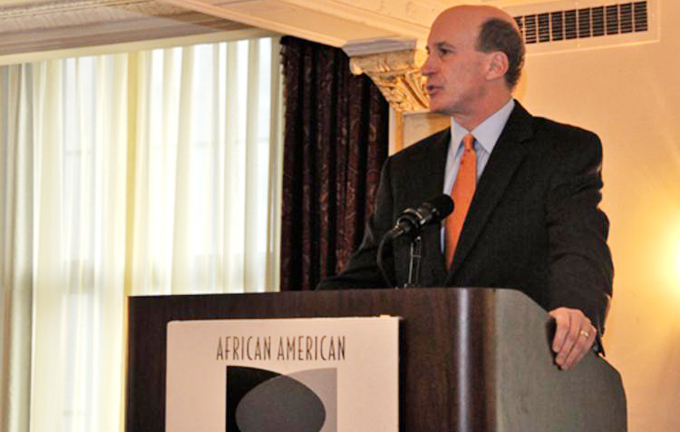
Do you know whether replacing a gravel road in Green County would improve bus service, or if adding a traffic light in New Castle increases the flow of goods and people? Neither do the leaders of 10-county southwestern Pennsylvania region. So they are asking.
On Sept. 29, public and private sector leaders representing those counties and the City of Pittsburgh announced the beginning of a crowdsourcing effort that will ask more than 760 organizations for feedback on creating a coordinated Regional Transportation Initiative.
“What do we want to do, how do we do, and how do we pay for it,” said Allegheny Conference on Community Development Vice President for Energy and Infrastructure Ken Zapinsky. “In Pittsburgh, we hear about getting to and from the airport, but don’t hear what would help a company in, say, Indiana County get its people and products around better.”
The crowdsourcing survey will solicit feedback from employers, unions, colleges, senior centers arts, health and environmental advocacy groups in Allegheny, Armstrong, Beaver, Butler, Green, Fayette, Indiana, Lawrence, Washington and Westmoreland Counties.
The results, combined with the findings from “every public transportation study done over the last 15 years” will be analyzed and assembled by a 22-member steering committee that will present a plan to the public next year.
This Regional Transportation Alliance, as it’s called, gets around federal restrictions placed on the Southwestern Pennsylvania Commission planning group—which can only discuss initiatives that have already identified a source of funding.
That, said Allegheny Conference CEO Dennis Yablonsky, will be further down the road in this effort, adding that the conference took some of these same participants to Denver, Colo., last year to see how leaders there formulated and funded a regional transportation plan.
“We’re talking about a coordinated plan going 25-30 years out. So we’ll be looking at federal and state sources, but also user fees and taxes,” he said. “In Denver, they put it on a referendum to add a, I think, 1 percent sales tax.”